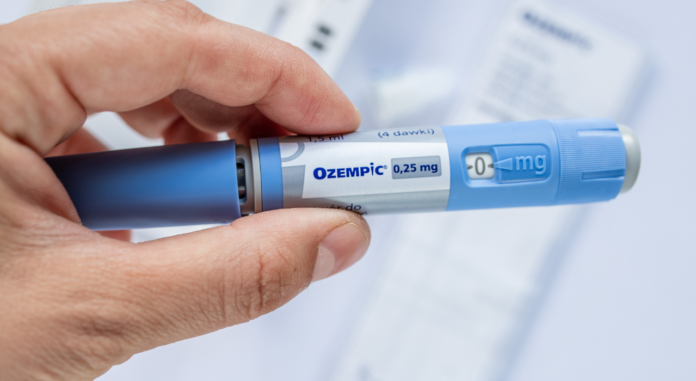Ozempic is a well-known weight loss drug that lowers blood sugar and mimics a hormone in the gut to boost satiety, helping many people reach their weight loss goals and lessen their diabetic complications. But new evidence shows it may increase suicide risk.
Anthony’s Story
Merlene Hall’s brother Anthony was in good spirits in the months leading up to his death. He had just proposed to his girlfriend. He got a promotion at work. He had just found out that his daughter was pregnant with his second grandchild.
However, he experienced a change in mood when he began taking Ozempic to manage his diabetes. Anthony’s family noticed he had become uncharacteristically quiet, sullen, and fatigued. He was no longer his charismatic, outgoing self.
Anthony shocked his family when he committed suicide on May 14 at his Indiana home. He had experienced depression before. But his loved ones believe the Ozempic brought his negative thoughts back to the forefront.
Other Suicide-Related Incidents
Anthony was not the first person to experience a deflated mood after taking Ozempic. The European Medicines Agency began reviewing 150 cases of self-harm and suicidal thoughts concerning people who took the drug and other GLP-1 receptor agonists.
Similar cases appeared in America as well. The Food and Drug Administration received 59 reports of suicidal ideation, six reports of suicide attempts, and four reports of suicide related to Ozempic use as of June 30.
Will Warning Labels Make a Difference?
The FDA requires weight loss drugs that work on the central nervous system to carry a warning about suicidal thoughts. Wegovy, which is similar to Ozempic, carries this label. People are asked to stop taking the drugs if they begin feeling unusually depressed.
However, Ozempic is not officially a weight loss drug. It is FDA-approved to treat diabetes. Therefore, it does not come with a warning label. But some people think it should.
Low Risk
Despite many patients reporting suicidal thoughts when using weight loss drugs, doctors say the side effect is rare.
As of March, the FDA’s adverse event reporting system received 57 Ozempic-related reports of depression, suicide ideation, and suicide attempts related to Ozempic as compared to 60,000 new weekly prescriptions.
Moreover, it is difficult to say that feelings of depression are caused by the drug. Tom Wadden, a psychology professor at the University of Pennsylvania’s Perelman School of Medicine conducted clinical trials on weight loss drugs. “We did find that a couple of our patients reported suicidal ideation, but it seemed to be related to life events occurring,’ he said.
Eduardo Grunvald, an obesity medicine physician at UC San Diego Health pointed out that the clinical trials excluded people with a history of suicidal behavior. He feels “they may be underestimating the risk.”

Susanne Miedlish, an associate professor of medicine at the University of Rochester Medical Center said more research is needed to determine how the drug affects different populations. Grunvald pointed out that other variables could factor in.
“There are some reports of suicidal ideation coming out of people who’ve had bariatric surgery, which raises the question: If there is a causation, is it from the therapy, or does significant, massive weight loss cause any problems there?” he said.


